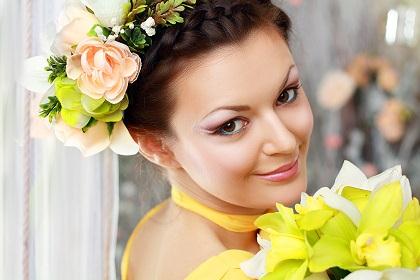
“Beauty is how you feel inside. It reflects in your eyes. It’s not something physical” – Sophia Loren
Beauty is, indeed, an expression of a person’s core. But that in no way diminishes the importance of beauty products that Middle East consumers are so enthusiastic to splurge on. From colour cosmetics to nail enamel and hair care, from fragrances to skincare and wellness products, the beauty and personal care market continues to expand even as it adds a home range of scented candles, fragrance sticks and so on.
It isn’t just women. Men aren’t far behind any longer in seeking specialised grooming products. Until a few years ago, the men’s category featured basics like shampoos, deodorants and shaving creams. Not anymore. Today, we have face washes and creams developed exclusively for men. They also visit salons for a host of treatments that go well beyond the standard haircut and shave.
Beauty care is seeing many more trends and transformations. Technology-infused products like lip enhancers, ethically made and sourced products high on minerals that offer long-term benefits, traditional treatments such as ayurveda, Moroccan mud packs in hammams, Chinese herbal concoctions, spas to relax body and mind – the pursuit of glowing skin and well-being is big business.
There’s also the world of fragrances that holds a special place in the hearts of Middle East consumers. Global fragrance houses jostle with home-grown concepts for a share in a growing market pie as western perfumes captivate a region known from yore for its oud-based attars. The interesting trend here is that both the big players and the local perfumers are now experimenting in introducing the oud essence into western fragrances.
But, perhaps, the biggest change is that the big beauty houses no longer dictate trends, tastes and choices the way they used to in earlier years. Social media is changing the equation, bringing consumer engagement and excitement to the beauty space. Word-of-mouth is now an important marketing tool for brands. Today’s consumers are uninhibited in expressing their opinions and forthright in deciding what’s best for them, unmindful of reputations and legacies.
Small wonder that research firm Euromonitor International values the Middle East and Africa (MEA) beauty and personal care market at $25 billion and expects it to grow 6% during 2015-20. Saudi Arabia leads the way, accounting for $5.3 billion, followed by Iran at $2.9 billion, the UAE at $2 billion and Egypt at $1.2 billion.
Notifications
You must be logged in to post a comment.